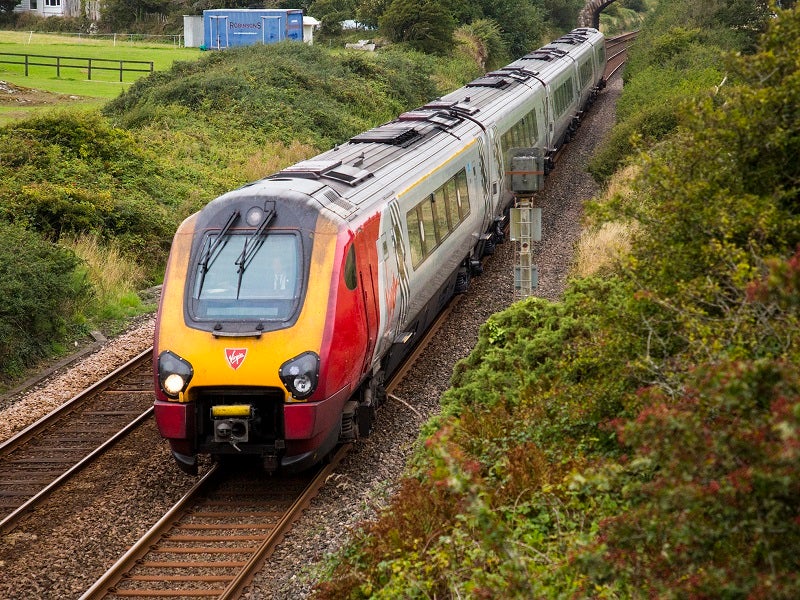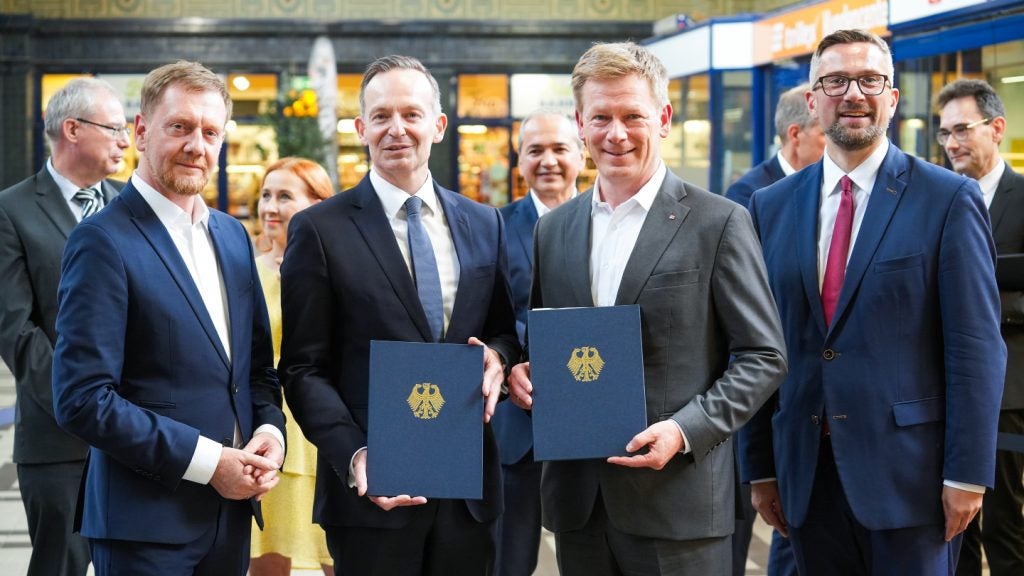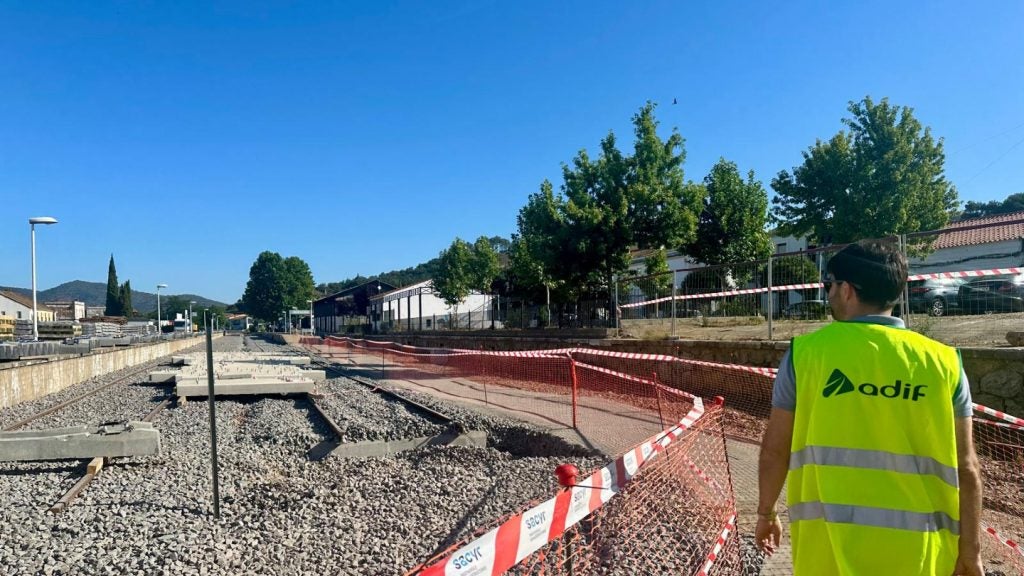
Demand for rail has increased faster than other transport modes over two decades. According to a report from the UK Department for Transport, the number of journeys has increased by more than 50% over the last 20 years where other methods of transport, such as bus and automobile, have decreased over the same period of time.
Statistics from the Office of Road and Rail, taking all railway lines into consideration in 2018-2019, show that there were 1.8 billion passenger journeys, compared with 1.7 billion in the three previous years.
But as rail travel has increased in demand, so have the number of delays. Overall only 87.7% of UK rail journeys arrived on time in 2018 to 2019 and fraudulent claims, which exploit the systems in place to compensate passengers for train disruptions, have also risen.
Fraudsters cheating the system
In July 2019, London North East Railway (LNER) discovered that just one person had been behind a series of 125 claims under the national Delay Repay scheme.
When passengers are delayed more than 15 minutes they are eligible to apply for compensation through Delay Repay, as long as the problem is not due to engineering works and the claim is made is within 28 days of the journey.
The scam led to pay-outs of more than £39,000 and an eventual prosecution of ten months’ imprisonment (suspended sentence) as well as 150 hours of unpaid work, a six-month curfew and a £2,500 fine.
How well do you really know your competitors?
Access the most comprehensive Company Profiles on the market, powered by GlobalData. Save hours of research. Gain competitive edge.

Thank you!
Your download email will arrive shortly
Not ready to buy yet? Download a free sample
We are confident about the unique quality of our Company Profiles. However, we want you to make the most beneficial decision for your business, so we offer a free sample that you can download by submitting the below form
By GlobalDataAfter the fraud protection manager noticed a sharp rise in the number of claims made by PayPal, an investigation showed that 47-year-old Gary Thompson was responsible. He had created 125 different identities and used Photoshop to manipulate evidence that he used to exploit the system.
Earlier in May 2019, a business consultant from Hove in East Sussex was prosecuted for making fraudulent Delay Replay claims to Thameslink Railway for £2,136. The investigation exposed 49-year-old Kristin Magnuson for claiming compensation on journeys she did not make while strikes affected the service on the London to Brighton line.
A third of passengers not claiming compensation
Yet two months earlier, a BBC report revealed how passengers were actually missing out on what would be justified compensation claims because the amount of information required to make a claim was too big.
Independent transport watchdog Transport Focus estimates that “only 35% of rail passengers are claiming money they are due for delayed train services” and “missing out on up to £100m a year that they could claim in compensation”.
The reason many don’t claim, a Department for Transport report found, is because if the ticket price is low and the length of the delay is short the application process for compensation is considered “not worth the effort”.
Consumer group Which carried out a study and found that 60% of 3,070 passengers who knew they could make a claim didn’t. It also revealed that passengers need to submit up to 24 pieces of information to make a claim and after launching a Train Pain campaign created a Rail Ombudsman in November 2018. Approved by the Chartered Trading Standards Institute, it helps passengers to resolve complaints with rail companies.
When the Department for Transport released information that compensation has risen by 80% in the two years to October 2018, it also announced new measures that would require train companies to offer a more automated, “one-click” claims process.
Technology detecting criminal activity
Despite efforts to improve the claims process, rail fraud technology firm UP3 says that £150m is paid out each year in compensation for delayed train journeys. The company estimates that up to 30% of claims are fraudulent with most identified by “high-frequency claimants and impossible journeys”.
However, some companies are taking steps to find technological solutions to the rail fraud issue. For example, UP3’s software solution, AP3, uses 20 elements which they claim can identify around 80% of fraudulent activity. The application includes a Journey Validator, which immediately confirms if the journey was delayed or not, and can compare an individual’s claims against consumer journey patterns and the distance to their home from the station.
Virgin Trains uses this software as part of the train company’s ServiceNow solution. ServiceNow went into operation in 2016 and has impacted many areas including frontline business and customer services.
According to a Workflow article, Virgin Trains receives 450,000 claims a year, 80% related to refund requests for disrupted services. It goes on to explain that the machine-learning system has slashed “the time Virgin Trains’ fraud team spends to reach complex case management decisions by 95%, down 20 minutes on average”.
“For the first time we can detect fraudulent activity as it is happening and prevent that money from walking out the door,” said Virgin Trains fraud manager Mick O’Brien.







